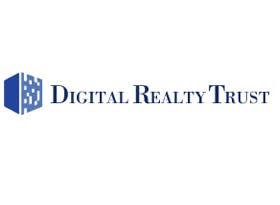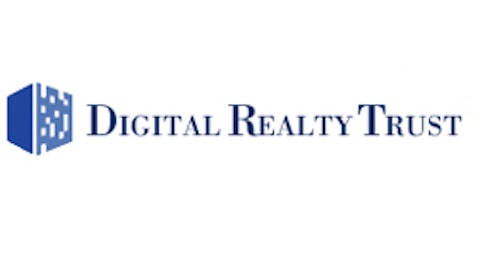When the Federal Reserve hinted that a reduction in its monthly bond-buying program is likely, the move shook assumed interest rate sensitive areas like the real estate investment trust (“REIT”) sector especially hard. For example, the iShares DJ US Real Estate ETF, one of the largest in the REIT category, dropped about 15% within the last six months.
As REITs took their lumps, the data center sub-sector showed some attributes that might appeal to the value investor. The industry’s fundamentals looked good, its future seemed promising, and valuations appeared attractive. But a nagging question remained, should a data center REIT be considered a short-term play or could the sector be relied on for larger longer-term gains?
The what and why of data centers
Data centers are buildings that house a large number of computer servers and include the key infrastructure needed for their optimal operation. In the past, most companies kept their data center requirements in-house. However, a combination of globalization, bandwidth intensive applications, and cloud computing access, plus tight corporate budgets made the use of data centers increasingly sagacious.
The industry has grown significantly, thanks to favorable conditions. In general, revenue from the sector has more than doubled since 2008 and analysts believe that there’s continued growth of around 10% a year for at least the next four years. Since data center REITs are just as profitable as other real estate peers, but with a lower debt profile, this conducive environment looks to offer room for meaningful advancement.

There are some concerns, however. Since high data center utilization is a fairly recent phenomenon, there isn’t a lot of evidence on how the sector would handle a tough economic environment longer term. One major worry is the concentrated customer base these REITs seem to have. Digital Realty Trust, Inc. (NYSE:DLR), a leading global provider, had 20 of its largest tenants generating 47% of annualized rent with the top three tenants generating 17% in 2012. DuPont Fabros Technology, Inc. (NYSE:DFT), a smaller player, reported that three of its largest renters accounted for 48% of revenue. The risk from a single defecting large client seems very real.
Some notable data center REITs
Digital Realty Trust, Inc. (NYSE:DLR), having 127 properties with 23.7 million square feet worldwide, is a major data center player. It seems to be doing well with latest quarter revenue up 19.7% and adjusted booked funds from operations or FFO rising 11.2% from last year. FFO is an alternative financial measure used by the real estate industry to measure operating performance. FFO basically represents normally derived net income excluding items like impairment charges, gains and losses on real estate sales, and depreciation/amortization expenses.
An aggressive expansionary firm, Digital Realty Trust, Inc. (NYSE:DLR) shares might look interesting. Using a cash earnings times a capitalization multiplier valuation, fair value is around $63 a share, 22 times earnings, a discount from the REITs’ 27 average multiple. Fair value being based on revenue of around $1.5 billion, cash earnings of $370 million, and a cash profit margin of around 24.7%.
DuPont Fabros Technology, Inc. (NYSE:DFT) is a smaller operator. It has 10 data centers located in four major U.S. markets with a total of 2.5 million square feet. For its latest quarter, the company reported FFO jumping 22.7% from 2012 with revenues rising 11%.
While the company is currently focusing on maximizing occupancy, it is also developing a new location. The property, called ACC7, will be the first built using the a new efficient power usage design which should result in reduced energy costs for customers and lower operating costs. DuPont Fabros Technology, Inc. (NYSE:DFT) also has a $80 million stock repurchase plan in place, a rarity in the REIT world.





